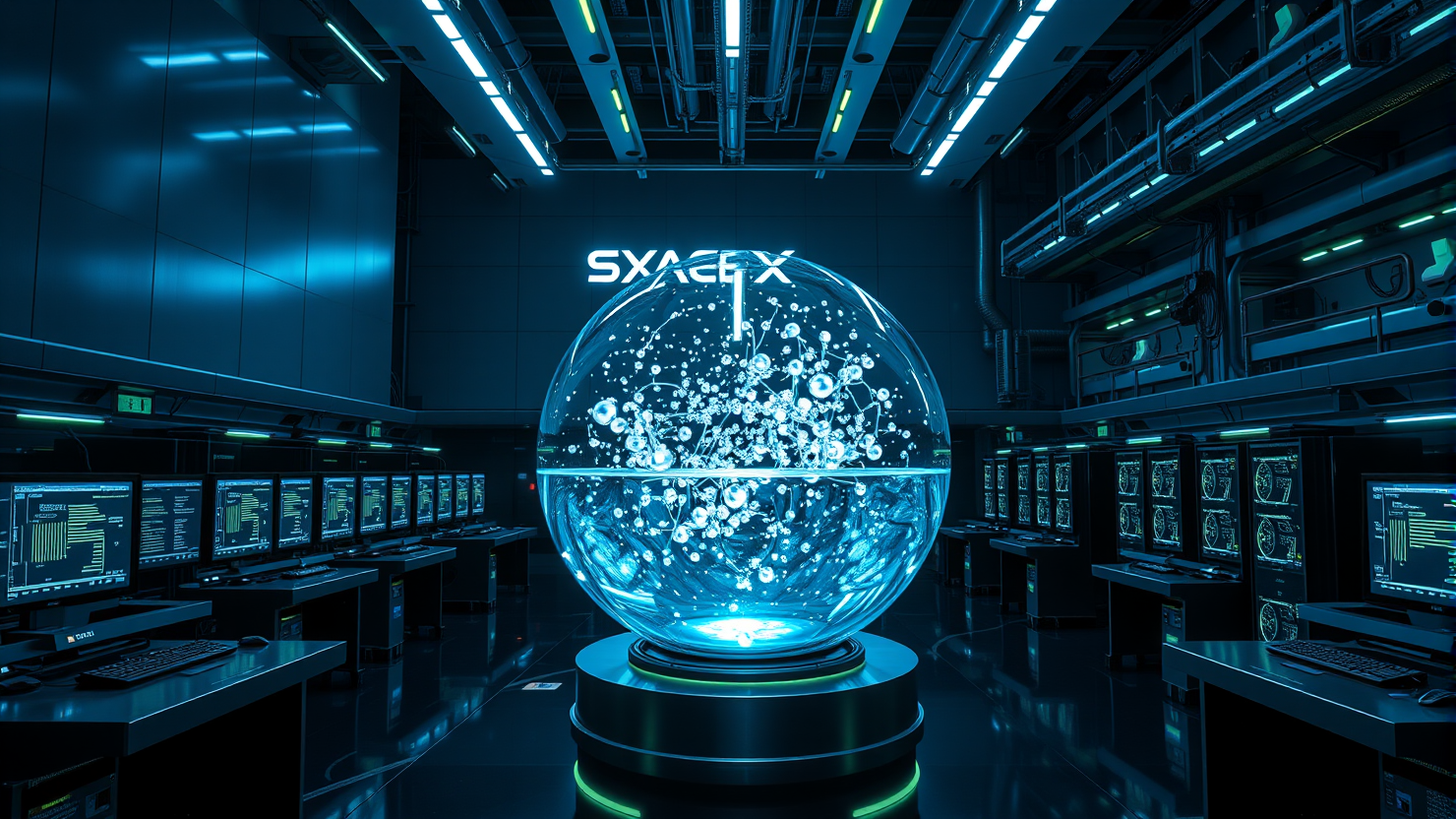Revolutionary Kimi AI by Alibaba-Backed Moonshot Outperforms ChatGPT and Claude in Coding at Lower Costs

Beijing – Moonshot, a startup backed by Alibaba, has released its low-cost, open-source large language model, Kimi K2. This latest offering is positioned to challenge OpenAI’s ChatGPT and other U.S.-based competitors in the generative artificial intelligence (AI) market.
The Kimi K2 model, unveiled on Friday night, boasts superior coding capabilities and lower token costs compared to its rivals, making it attractive for large-scale or budget-conscious deployments. Open-source technology, which provides free access to the source code, is a strategy that few U.S. tech giants have embraced, with Meta and Google being notable exceptions.
In contrast to ChatGPT and Claude, which charge monthly subscriptions for their AI models, Kimi K2 is available for free via its app and browser interface. The model charges 15 cents for every million input tokens and $2.50 per million output tokens, significantly lower than the prices of competing models.
Kimi K2’s strengths lie in its ability to write computer code for applications, an area where businesses see potential for reducing or replacing staff with generative AI. The model has surpassed Claude Opus 4 on two benchmarks and reportedly offers better overall performance than OpenAI’s coding-focused GPT-4.1 model.
Initial reviews of K2 have been largely positive, although there are reports of occasional hallucinations, a common issue with generative AI models. Despite this, the model has been well-received, with Pietro Schirano, founder of startup MagicPath, stating that it’s “the first model I feel comfortable using in production since Claude 3.5 Sonnet.”
Moonshot has previously open-sourced some of its AI models and gained popularity early last year as China’s alternative to ChatGPT. However, with the market becoming increasingly crowded, the company faces competition from ByteDance, Tencent, and tech giant Baidu.
Kimi’s latest AI release comes amidst growing interest in Chinese alternatives to U.S. tech in the global AI competition. Meanwhile, OpenAI has yet to announce GPT-5, with some speculating that work on this model may be taking engineering resources away from progress on its open-source model.
The Kimi research model, launched by Moonshot last month, has achieved notable results, matching Google’s Gemini Deep Research ‘s 26.9 score and beating OpenAI’s version on a benchmark called “Humanity’s Last Exam.” This model even received a mention during Elon Musk’s xAI release of Grok 4.
“Kimi-Researcher represents a paradigm shift in agentic AI,” said Winston Ma, adjunct professor at NYU School of Law. He noted the model’s ability to demonstrate autonomous reasoning at an expert level, a complex cognitive function previously missing from large language models (LLMs).
As the race for AI dominance continues, it is evident that Moonshot’s Kimi K2 offers a compelling alternative in the global market, particularly with its lower costs and focus on coding capabilities.





